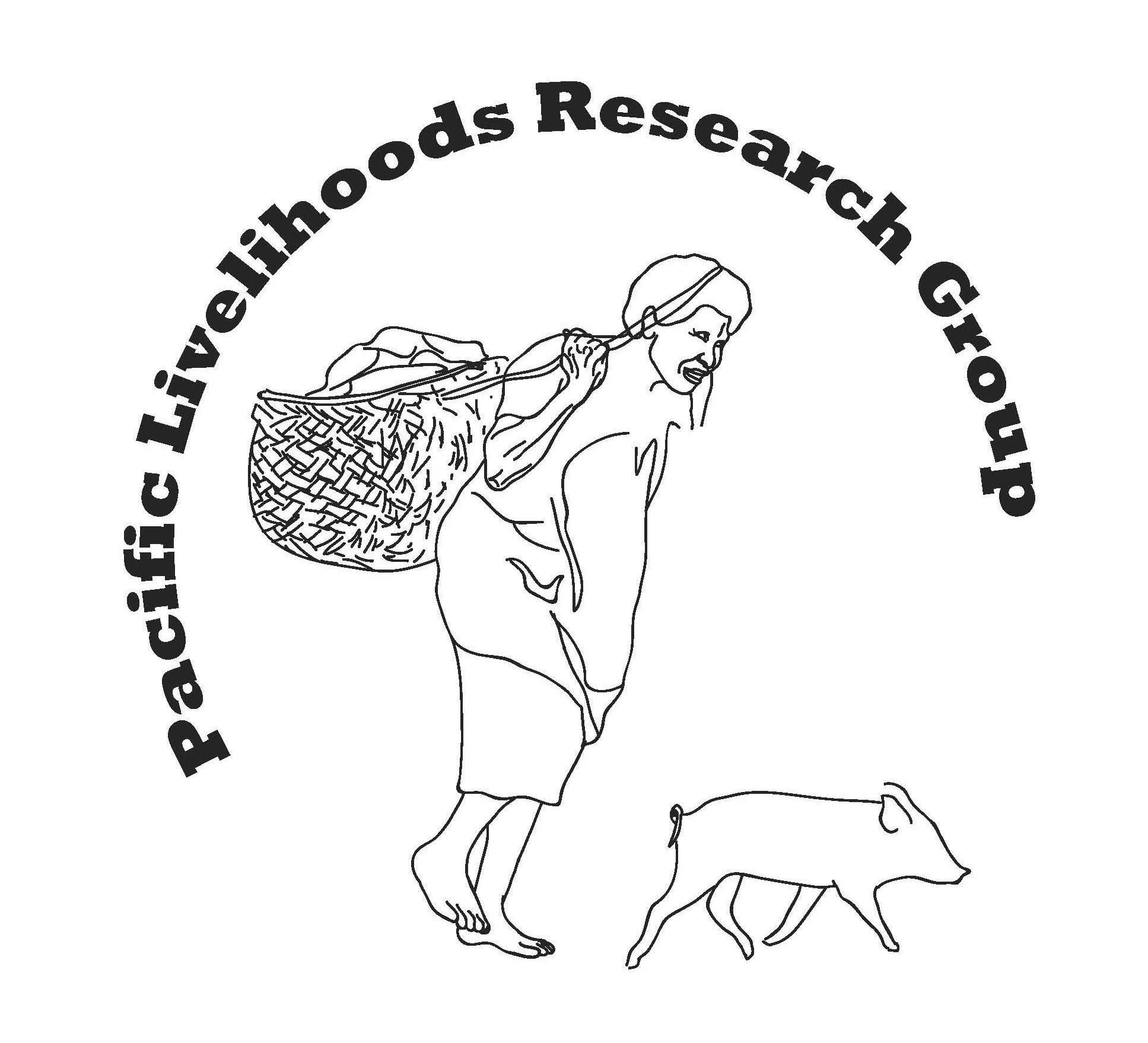Rural and urban communities in the Pacific region are experiencing significant economic, social and environmental change as they grapple with the challenges and opportunities of globalisation, modernity and rising resource pressures. The Pacific Livelihoods Research Group seek to understand the causes and impacts of these changes, as well as the factors that enhance or constrain the adaptive capacity and resilience of households and communities to manage opportunities and risks. This practice-based research program seeks to use this information to enhance opportunities for strengthening the livelihood options of people, particularly women and the asset-poor who are more vulnerable to livelihood insecurity.

Our research is strongly participatory and, at the households and community levels, often involves extended periods of fieldwork in the communities with whom we work. Our livelihood research is currently focused on export cash crops and markets; food security; land, labour and mobility; indigenous and moral economies; and gendered lives. Our research partners include smallholder families, NGOs, church-based and government organisations as well as private sector organisations working with smallholders.

The Pacific Livelihoods Research Group is comprised of researchers from a range of national and international organisations. The core organisations in the research program include Curtin University, CSIRO, James Cook University, PNG Cocoa and Coconut Institute, PNG Coffee Industry Corporation, PNG Oil Palm Research Association and the PNG University of Technology. At Curtin, the research program is located within the Sustainable Livelihoods Discipline in the School of Design and the Built Environment and is staffed by a group of research staff, adjunct researchers and postgraduate research students. The program also has direct links into the undergraduate teaching program in Geography.
The program’s research is currently funded by Curtin University and The Australian Centre for International Agricultural Research (ACIAR).
